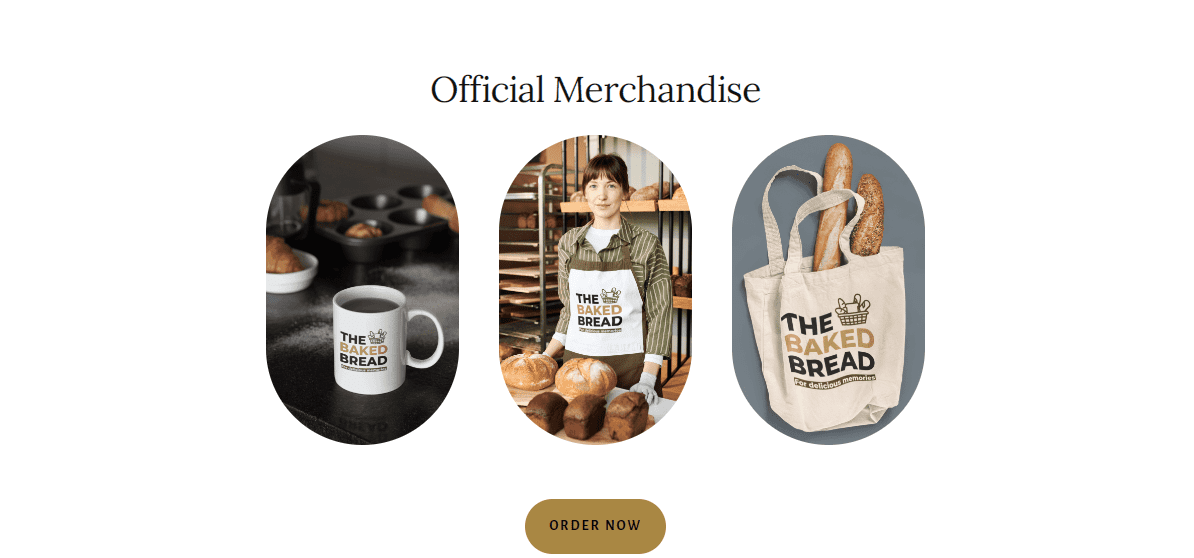
Which one better? Cornstarch vs baking powder? Are you a home cook who loves to bake tasty treats? You’ve likely heard of baking powder and cornstarch, but what is the difference between these two ingredients?
We’ll take a look at how each ingredient works in baking recipes and explore when you should use baking powder or cornstarch.
Baking Powder

Baking powder is a dry chemical leavening agent made up of three ingredients: an alkaline powder, an acid, and a bulking agent like starch.
When dissolved in liquids such as water or milk, the reaction produces carbon dioxide bubbles which cause baked goods to rise.
Baking powder also has more uses than just in baking; it can be used to tenderize food items like chicken before frying, thicken sauces and soups, and even make thick foams.
Cornstarch
Cornstarch is a fine white powder made from dried corn kernels that have been ground into flour.
Unlike baking powder which contains other chemicals and binders, cornstarch is pure starch that has few uses other than as food thickener or to coat foods for frying.
This substance works by absorbing liquids during cooking, producing a thicker sauce with reduced heat transfer rate that keeps foods hotter for longer periods of time.
When to Use Cornstarch vs Baking Powder
The main distinction between these two pantry staples is how they’re used in cooking – one rises baked goods while the other thickens sauces.
As such, recipes will often call for either baking powder or cornstarch depending on what kind of food item you’re making and its desired texture outcome.
In general terms though: when making cookies or cakes where rising is paramount use baking powder; if you’re intending to thicken different types of dishes then opt for using cornstarch instead!
Cornstarch and baking powder are both essential ingredients in baking. Both are leavening agents.
They’re added to batters to help them rise and give cakes, muffins, and other baked goods better texture and structure.
But what exactly is the difference between cornstarch and baking powder? Here’s a guide to understanding the differences between the two ingredients – including when to use each one.
Cornstarch vs Baking Powder: What’s The Difference?
Cornstarch is made from cornmeal that has been ground into a fine white powder. It helps create structure in many baked goods by providing gluten-free flours with thickness and stability.
On its own, it won’t add much lift or rise to a recipe, but it can be mixed with other leavening agents such as baking soda or baking powder for more dramatic effects.
Baking powder, on the other hand, is a combination of baking soda, an acid (such as cream of tartar), and cornstarch for moisture absorption.
When mixed with liquid, an acid-base reaction takes place which causes bubbles of carbon dioxide gas to form in the batter which then cause it to rise as it bakes in the oven.
Baking powder can also be used instead of yeast when making breads or other doughs that need rising time before they go in the oven – making it very versatile!
How Are They Different?
The main difference between cornstarch and baking powder lies in their uses: Cornstarch is primarily used as a thickener while baking powder helps doughs rise while they bake.
Additionally, some people find it easier to use pre-mixed baking powders than combining individual ingredients themselves since the two components often react quickly together when mixed together – leading them towards expiration before any actual fluffy dough gets made!
Lastly, because bakery recipes usually don’t require large amounts of liquid compared with many savory recipes that rely on cornstarch for thickening power; measuring correctly becomes even more important when using either one!
When Should You Use Cornstarch or Baking Powder?
The key factor in deciding whether you should use cornstarch or baking powder lies in your recipe itself.
If you’re working with something like pancakes or waffles which don’t need any help rising (as most recipes provide enough lift on their own) then cornstarch will work just fine as a thickening agent.
However if you want your cakes, cupcakes or quick breads to have more lightness and volume than using only eggs would provide then adding some baking powder will help ensure success!



Leave a Reply